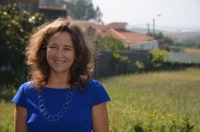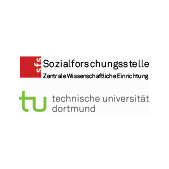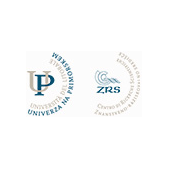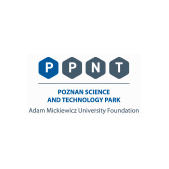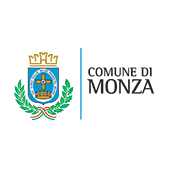In the current context of growing complexity of territorial problems and high density of actors with contradictory interests, participation is a promising approach for building a more innovative and sustainable society.
The advantages of public participation are widely recognized and defended by government institutions and civil society. However, considering the cases of citizens' involvement in decision-making processes, their effectiveness and impact on decisions in Portugal is still relatively scarce.
The development of participatory methodologies becomes particularly useful in order to make it possible to build compromises among the actors, to mobilize means, and to generate new forms of "collective action" around common objectives.
In this context, and within the framework of the implementation of the CASI project, a workshop entitled "Social Involvement in Sustainable Innovation" was promoted by the Municipality of Espinho. The workshop’s objective was to identify, analyze and prioritize the best forms of public involved in the debate on sustainable and inclusive innovation. More in particular, the workshop aimed to:
- Promote dialogue on the involvement of society in sustainable innovation processes;
- Expose the barriers and opportunities to stimulate the involvement of society in sustainable innovation;
- Formulate and prioritize a set of recommendations aimed at policy makers towards greater involvement of the population in decision-making processes with regards to sustainable innovation
Several stakeholders were considered to be key players in this debate, including policy-makers, representatives of social institutions, universities, educational institutions, private non-profit organizations and other personalities, including innovators. Organized in groups, all were invited to reflect and propose a set of solutions and recommendations in face of the identified challenges and barriers that prevent bridging sustainable innovation and social involvement:
Below are the solutions gathered during this exercise, which will serve as recommendations for the involvement of the population in sustainable development decision making processes:
- To promote the holding of conferences and workshops to raise awareness of citizens and civil society actors about the importance of their involvement;
- To improve the dissemination of projects according to an agreed communication plan and the appropriate channels to the targeted public, in order to promote greater involvement of civil society (citizens, companies, associations, etc ...) in decision-making processes;
- To clearly define the objectives of participation and the role of each actor involved;
- To promote the creation of groups and places of debate aimed at involving civil society more in the decision-making process;
- To cultivate an interest in participating among young people through for example entrepreneurship activities in schools, in order to make them active citizens;
- To reformulate educational policies to sensitize young people about the need for greater involvement in decision-making processes, enabling them to become more involved in community problems and be aware of the importance of civic education to create adults who are responsible for and interested in the collective.
- To carry out campaigns to encourage public participation; To include young people in active life and in the discussion of municipal projects (eg, Verador Jovem - Sta Maria da Feira);
- To promote the holding of conferences and workshops aimed at empowering public decision-makers and managers to involve civil society actors in decision-making processes;
- To promote public participation in a systematic way and not as an isolated act;
- To create strategies to involve the business sector - greater investment in the awareness of entrepreneurs;
- To involve public participation in the various phases of decision-making, from the initial phase to the final, without forgetting the monitoring phase.
- To publish the results of public participation as a good practice to acknowledge all the stakeholders who participated.
Among the most important recommendations we would like to highlight three of them. First, the proposal to change educational policies in order to raise awareness among young people about the need for greater involvement in decision-making processes related to sustainable innovation. Second, the need to foster entrepreneurship and empower the entire school community, especially the younger ones, to become more involved in community problems. The importance of civic education to be part of the integral formation of individuals, in order to create responsible and interested adults who care for the collective. This is due to the fact that these recommendations make sense within the scope of the CASI project, so as to enable civil society to be involved in the R&D system, in particular, in sustainable innovation processes.
As a conclusion, we would like to highlight one more recommendation, which emphasizes the importance of disseminating invitations and information according to the communication plan and channels appropriate to the targeted audience. Also the results of the public participation processes should be disseminated to recognize all stakeholders, who have been part of the process. It is important to create venues where this mobilization can take place and to put into practice new planning methodologies.
Putting the recommendations into practice requires a change in the conception of public policy-making methods. Public policy-making will be characterized by a non-linear, socially constructed methodology. This collaborative approach builds on the involvement of various actors (scientists, stakeholders, decision-makers and citizens) to collect information, share common concerns, and look for solutions together.
Relevant themes:
Public participation, Sustainable innovation
Relevant tags: Sustainable innovation; public participation; policy makers; stakeholders; Citizen, Social innovation, Sustainability


